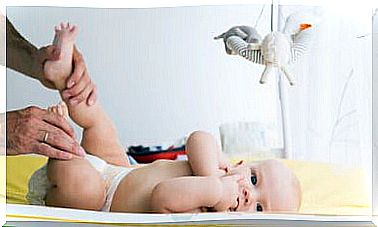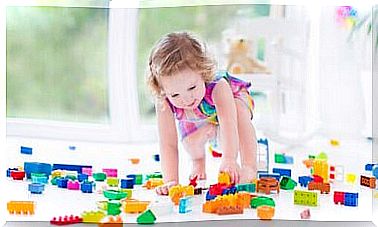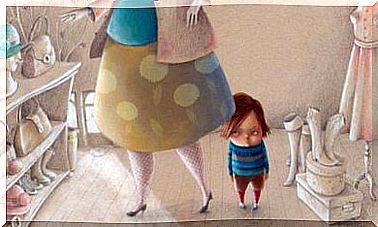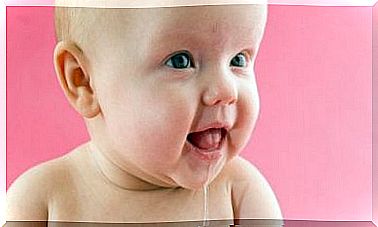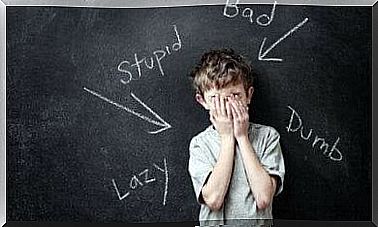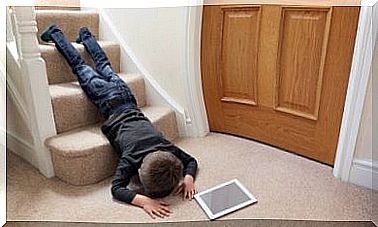Autism In Children: Everything You Need To Know – You Are Parent
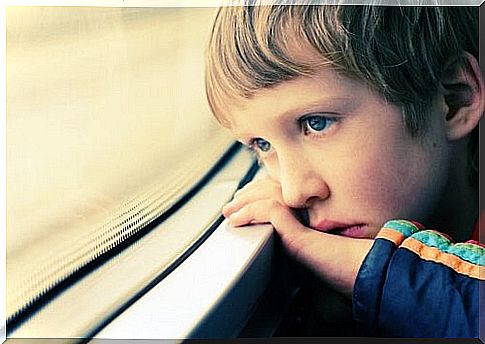
There are many theories about the origin of autism and although no specific cause is yet known, autism has been shown to be present from birth, that is, it does not develop or develop. not acquired over time. Let’s talk about the causes of this disorder.
The causes of autism
As we said before, autism does not develop, it is born with the child. According to some theories, autism in children can sometimes be linked to the attitudes and actions of parents, but this is not the case. So what can be the cause of autism in children?
- Cognitive abnormalities and impairments. There may be some neurological basis for the development of this disorder, but this has not yet been demonstrated.
- Basic biochemical processes. An excess of serotonin secretion has been found in the platelets of children with autism.
Globally, one in 6000 children can develop autism. Therefore, investigators continue to work to find the precise causes that cause it.
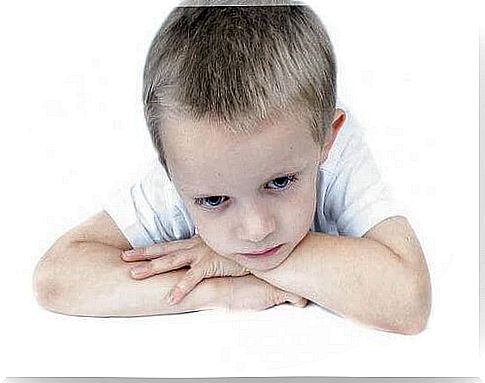
How do autistic children behave?
Children with autism have great difficulty communicating and socializing with others. There are many symptoms that can help us determine if a child has this disorder. We must be aware that this disease can affect any child, regardless of culture or background, although let us remember, autism is more common in boys than in girls.
- It may be that the child does not look us straight in the eye.
- In infants, we may note late babbling, difficulties with those around them as well as sign language.
- When he interacts for the first time with others, we first notice that he does not follow his mother in her attempts at communication and that he has a tendency to distract himself with any object.
- When he starts school it may seem strange to us because he does not communicate with others and does not engage in any type of conversation. In addition, it may be difficult for them to identify with or recognize others. He is also not able to socialize or interact in any way.
- Sometimes he can exhibit aggressive behavior, even towards himself.
- He may do short activities repeatedly, such as going in circles or making rhythmic movements with his body.
- He may reproduce and repeat the commercials he sees on television or have strange sleeping habits.
- In adolescence, experts say that a third of autistic has a tendency to suffer from epileptic attacks, which suggests that the cause is of nervous origin.
What if I think my child has autism?
If you think your child has autism, lift the veil on the doubt and immediately consult your pediatrician so that he can answer your riddle; the sooner you are diagnosed, the sooner you can start taking action. The diagnosis will be made based on the degree of communication of the child with his parents and other people, as well as the observation of his behavior in various activities and situations.
It is true that some autistic children cannot go to school with children of their age, as it all depends on the level of the disorder. However, many may have the opportunity to learn and grow with them.
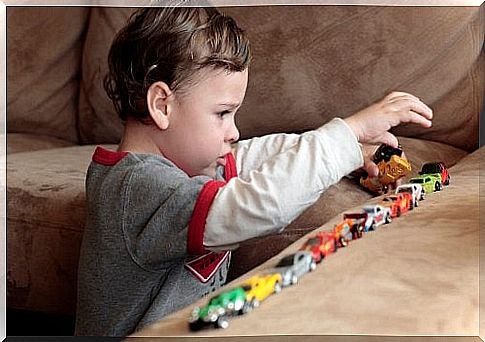
Treatment of autism in childhood
Early intervention accompanied by appropriate treatment improves the prognosis of children with autism. Currently, there are various educational and behavioral programs to care for children with autism and improve their ability to build relationships and take action. Here are a few :
- Behavioral therapy: Behavioral exercises are carried out through behavioral psychology. Desired actions are stimulated and unwanted ones are limited. To perform this type of therapy, the parents and caregivers of the child must be part of the exercise.
- A special education program: It promotes the development of communicative language and interaction with other people. Schools must have the appropriate equipment and have qualified staff to help the child improve language management and communication with others.
- Pharmacotherapy: If the child does not respond to any type of treatment, his family doctor may prescribe medication.
Although there is no cure for autism, most children get better with treatment. There are even children who have the skills to do many activities and develop.
Treatment and family support will be essential to help the child improve his quality of life. It will also allow him to adapt more easily to society, to find work and to develop fully.
